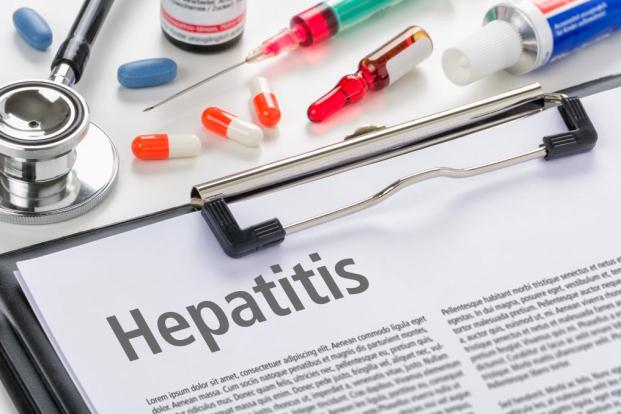Categories
- Bariatric Surgery (11)
- Black Fungus (5)
- Bone Marrow transplant (3)
- Brain Tumor Surgery Navigation Technology (20)
- Cardiac Surgery (66)
- Cardiology (97)
- Computer navigation technology for joint replacements (20)
- Covid Vaccination (17)
- Critical Care (2)
- Dental (19)
- Dermatology (31)
- Dialysis Support Group - “UTSAAH” (11)
- Dietitian (33)
- Emergency Medicine (4)
- Emotional Health (11)
- Endocrinology (33)
- ENT (20)
- Gastroenterology and GI Surgery (53)
- General and Laparoscopic Surgery (21)
- General Surgery (4)
- Gynecology & Obstetrics (183)
- Hematology (20)
- Internal Medicine (294)
- Kidney Transplant (50)
- Kidney Transplantation (20)
- Lung Cancer (8)
- Minimal Invasive Surgery (1)
- Mother & Child (20)
- mucormycosis (5)
- Nephrology (61)
- Neurology (147)
- Neurosurgery (68)
- Nutrition and Dietetics (107)
- Omicron Variant (1)
- Oncology (288)
- Ophthalmology (10)
- Orthopaedics & Joint Replacement (86)
- Paediatrics (59)
- Pediatric Nephrology (3)
- Physiotherapy (5)
- Plastic & Reconstructive Surgery (6)
- Psychiatry and Psychology (90)
- Psychologist (28)
- Pulmonology (72)
- Rheumatology (13)
- Spine Services (21)
- Transradial Angioplasty (16)
- Urology (84)
Query Form
Posted on Apr 19, 2022
Treatment procedure of hepatitis D?
Hepatitis D is a viral infection that can cause acute or chronic liver disease. The Hepatitis D virus HDV requires HBV for its replication. Hepatitis D infection cannot occur in the absence of hepatitis B virus. The coinfection or superinfection of HDV with HBV causes a more severe disease than HBV mono infection. A vaccine against hepatitis B is the only method to prevent HDV infection.

Is there any vaccination for Hepatitis D?
Vertical transmission from mother to child is rare. Approximately 15 million people across the world are chronically coinfected with HDV and HBV virus. Currently, there is no effective antiviral treatment for hepatitis D available. Hepatitis D infection can be prevented by hepatitis B immunization. Long-term follows up by a liver specialist is recommended.
What does Hepatitis D Viral Infection cause?
Infection with hepatitis D virus (HDV) causes inflammation of the liver. Hepatitis D virus is also called as “delta hepatitis” and is considered the most severe form of viral hepatitis (hepatitis caused by a virus) in humans.
Correlation between Hepatitis B and Hepatitis D:
Hepatitis D only occurs in those people who have hepatitis B. This is because hepatitis D virus is a defective incomplete virus and requires hepatitis B virus to survive and multiply. Hepatitis D spreads when infectious body fluids blood, saliva, semen and vaginal fluid come into contact with body tissues beneath the skin like, through needle puncture or broken skin or mucous membranes the thin moist lining of many parts of the body such as the mouth, throat, and genitals.



